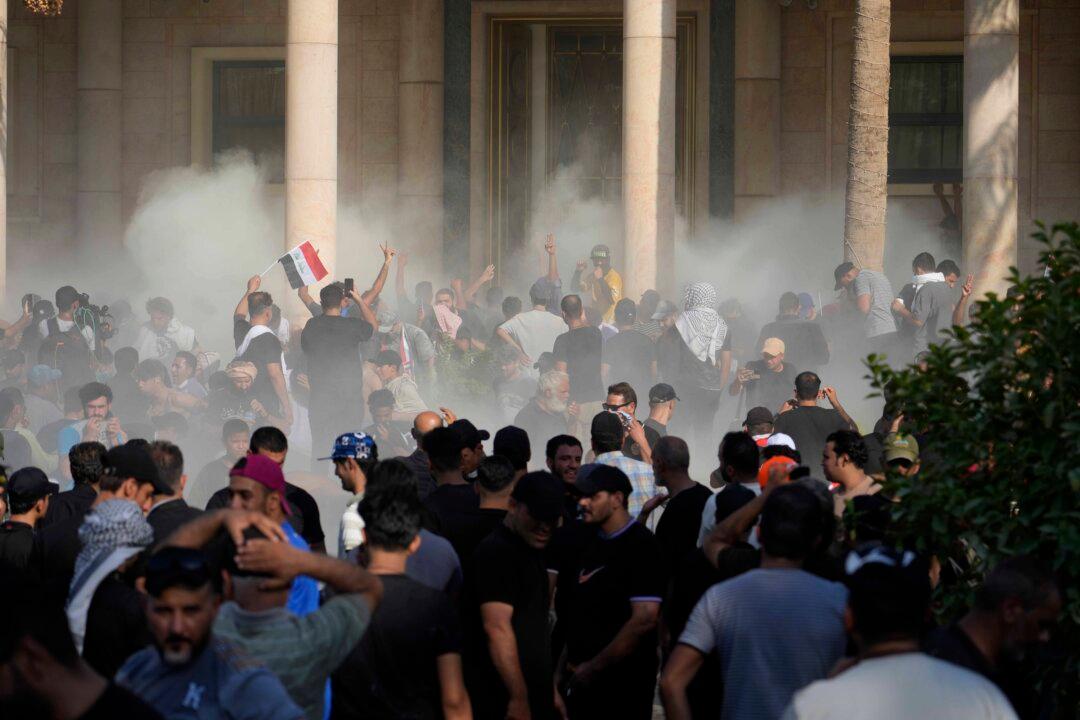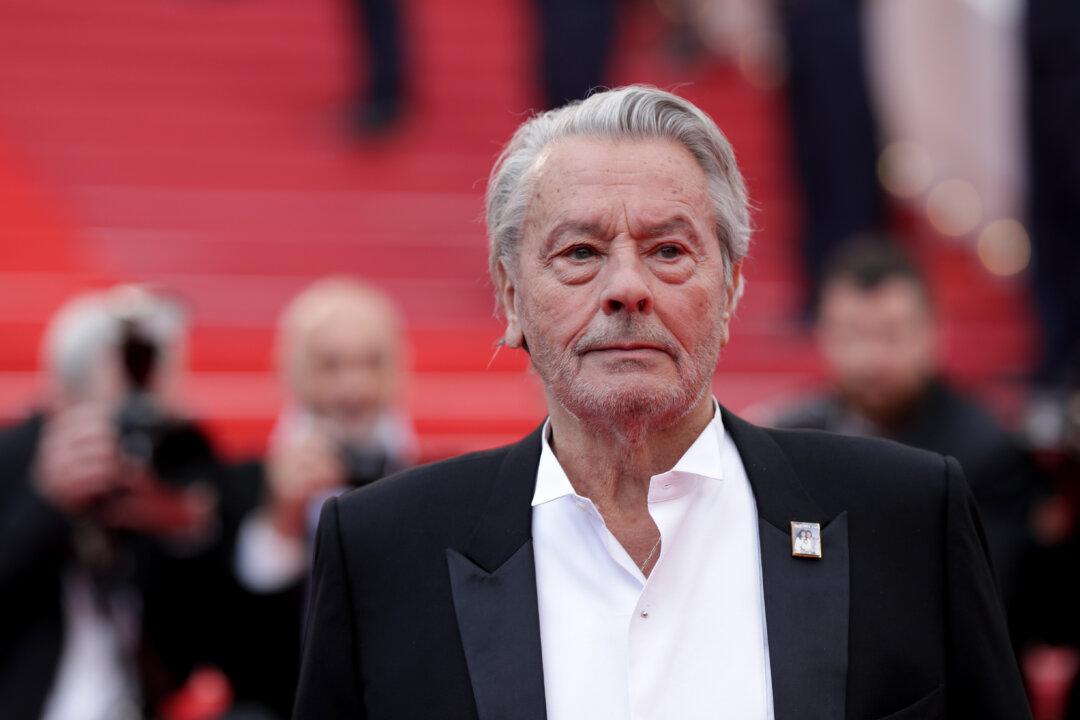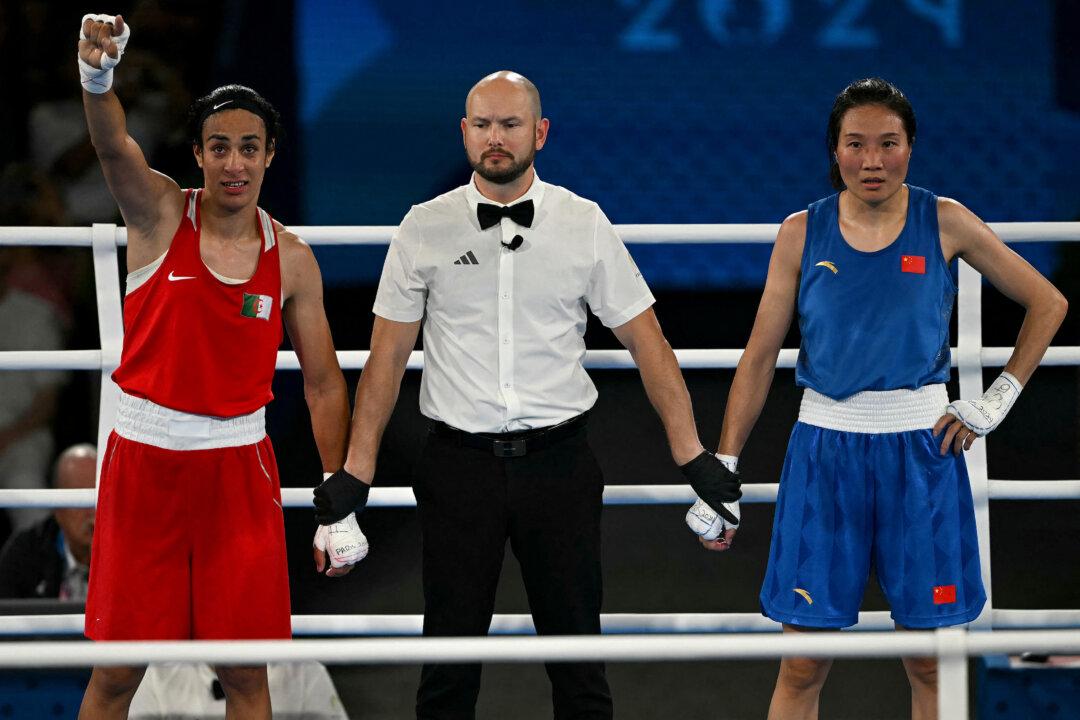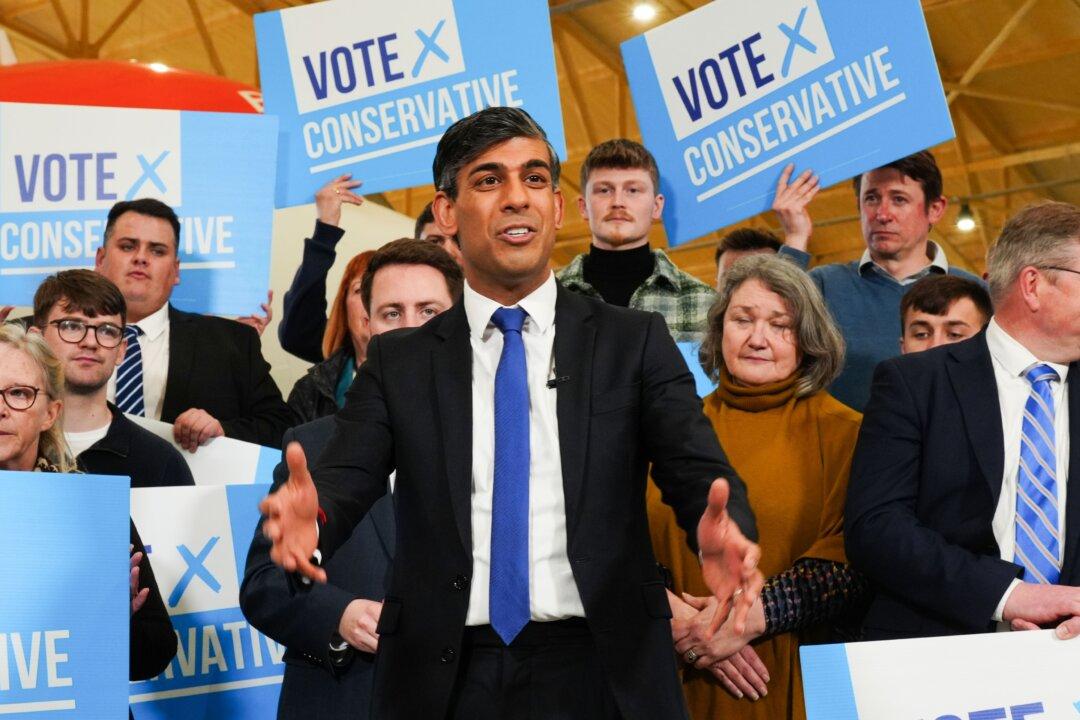BAGHDAD—An influential Shiite cleric announced Monday that he would resign from Iraqi politics, prompting hundreds of his angry followers to storm the government palace, sparking clashes with security forces. At least 15 protesters were killed.
Protesters loyal to cleric Muqtada al-Sadr pulled down the cement barriers outside the government palace with ropes and breached the palace gates. Many rushed into the lavish salons and marbled halls of the palace, a key meeting place for Iraqi heads of state and foreign dignitaries.




